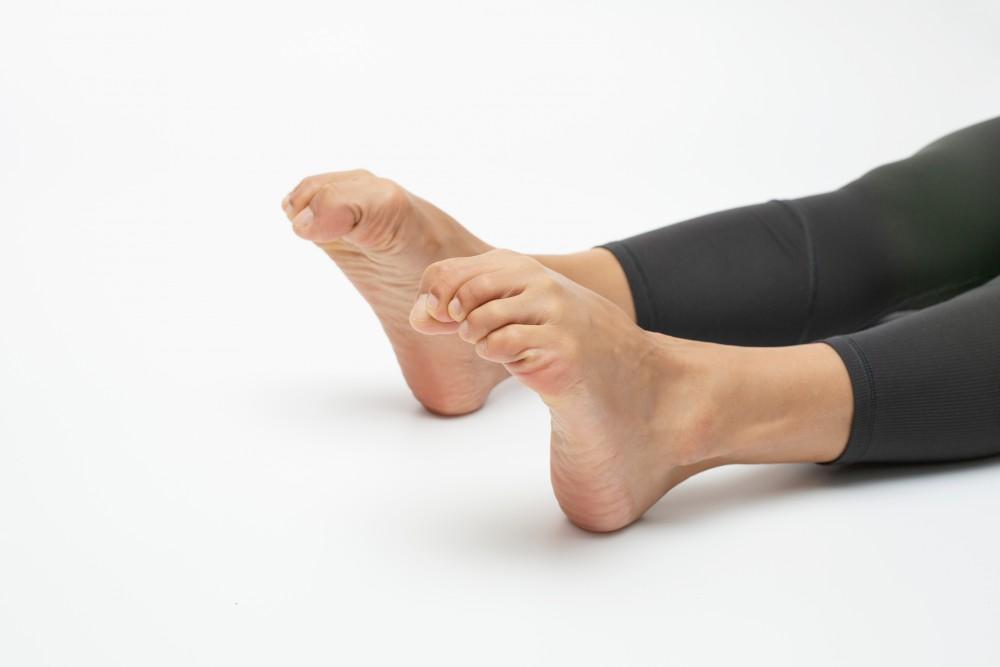
5 Signs It's Time to Consider a Hip Replacement

It’s easy to take your hips for granted, since they regularly bear heavy forces while providing fluid movement under power. It’s easy, that is, until an injury or degenerative disease causes hip joint malfunction. Each step could be filled with pain, while you also lose range of motion.
As the Baby Boomer generation moves into retirement in better overall health than Americans have ever enjoyed, osteoarthritis becomes an increasingly major concern when it strikes the hips. The most common form of arthritis, osteoarthritis develops from injury or cumulative wear-and-tear on the hip joint, leading to deteriorating cartilage. When sufficient damage occurs, there’s significant pain and joint stiffness.
The team at Bahri Orthopedics & Sports Medicine Clinic frequently recommends joint replacement to our patients suffering from advanced hip deterioration. We can help you make the decision on the right time to pursue joint replacement surgery. Fortunately, your hip usually makes the choice clear.
Here are five signs it’s time to consider a hip replacement.
1. Pain interferes with daily living
You’ll experience up to four substantial symptoms as your hip begins to deteriorate. You’ll have pain resulting from the breakdown of cartilage, which is usually accompanied by stiffness as well. The snaps, pops, and crackles of hip movement, called crepitus, can be with or without pain, and your hip could feel unstable, as though it’s going to give out on you. All of these symptoms could potentially keep you from moving or concentrating.
2. It hurts when you’re not moving
When your hip causes pain during rest, whether sitting or laying down, there’s no respite from your symptoms. Pain is now caused even when the joint has no load. When you reach this stage, you’ll probably notice further loss of mobility when you’re active.
3. You have significant joint damage
Signs of arthritis show in medical diagnostic imaging from its early stages. Additional imagery follows the progress of joint deterioration, so it’s easy to see when you reach the stage where there’s major damage to cartilage, bone, and other tissue supporting the hip.
4. Pain wears you out mentally
Living with chronic pain takes tolls beyond simply the obvious physical deterioration. It’s mentally and emotionally draining too. If your hips hurt all the time, regardless of what you’re doing, it’s hard to enjoy life and focus on positive thoughts and experiences.
5. Conventional therapies no longer help
Treatments that once kept your pain under control eventually fall behind the progression of joint deterioration. Conservative care gives way to more aggressive techniques, but with degenerative conditions like osteoarthritis, there eventually comes a point where the decline exceeds the reach of nonsurgical solutions.
Trust treatment of your hip to the professionals at Bahri Orthopedics & Sports Medicine Clinic, with two locations in Jacksonville, Florida. You can book a consultation by phone or with our appointment request link on this page. We look forward to helping you live an active, pain-free life, so contact us today.
You Might Also Enjoy...


Fracture Care: Nonsurgical Options vs. Surgery

Am I a Good Candidate For Shoulder Replacement?

Staying Active With Knee Osteoarthritis: Our Top Tips

Struggling with Ankle Instability? Here's How to Avoid Future Sprains


